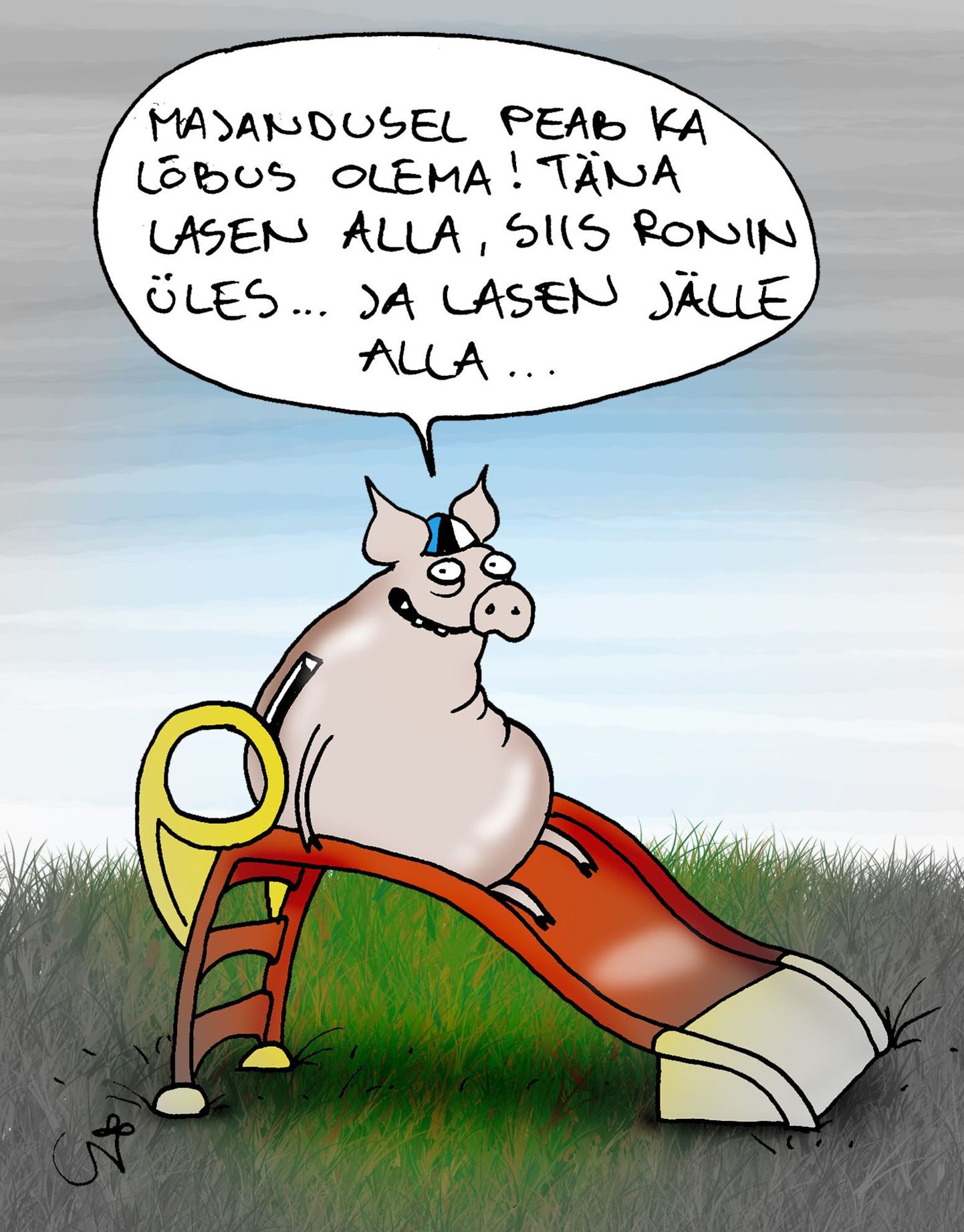Economic growth is in no way the supreme truth about how people are dong, in Estonia. Having had a rather mild winter and therefore consuming less energy, the economic figures suffered – while the people rejoiced getting the smaller heat bills. Were it for the warm winter alone, we might be poking fun at the statistics ignoring the sun-heated rooms we lived in.
Regrettably, however, the 1.9 fall in GDP is no laughing matter at all. First and foremost we are worried about how the neighbours are doing – the ones with whom we have close economic ties. For instance: any backlash in the Finnish economy would fall on us with just a tiny delay. Finland’s outlook hasn’t been the rosiest for a while now, as their structural problems are common knowledge. By the European Commission, the Finns are only predicted 0.2 percent of economic growth; in a interview to Postimees, yesterday, the Finnish President Sauli Niinistö said at least it wasn’t a minus... While in Estonia, unemployment statistics provide for cautious optimism (as compared to March, registered jobless numbers shrunk in April), a worsening of the situation on the Finnish labour market would immediately send many Estonians back home – thus probably boosting the ranks of the unemployed. Still, not all the tidings are bad: in Estonia, the first quarter brought a minus, but Latvia and Lithuania grew.
